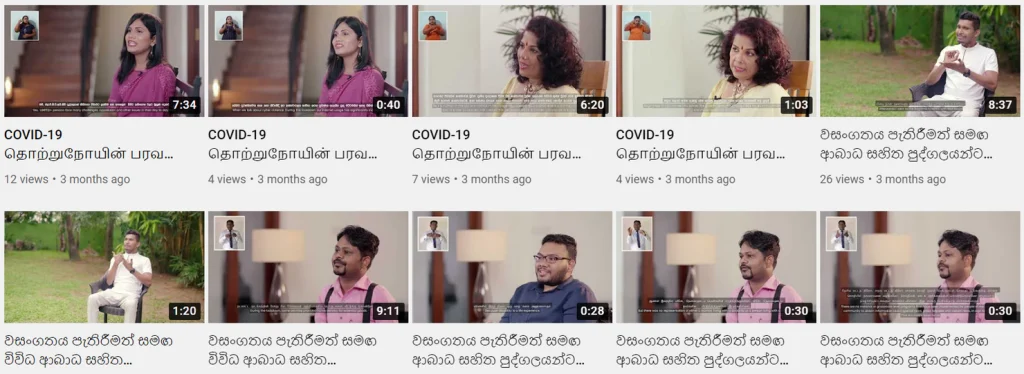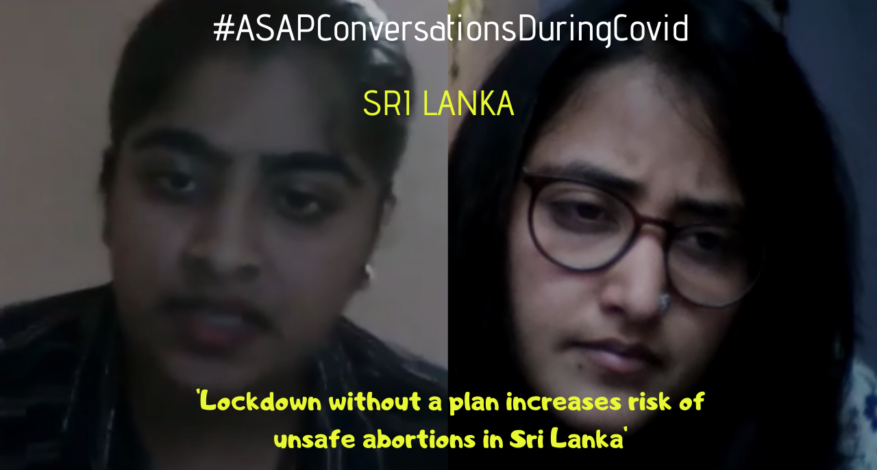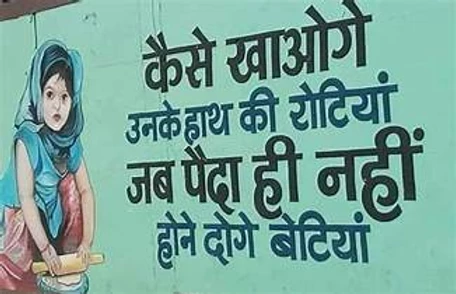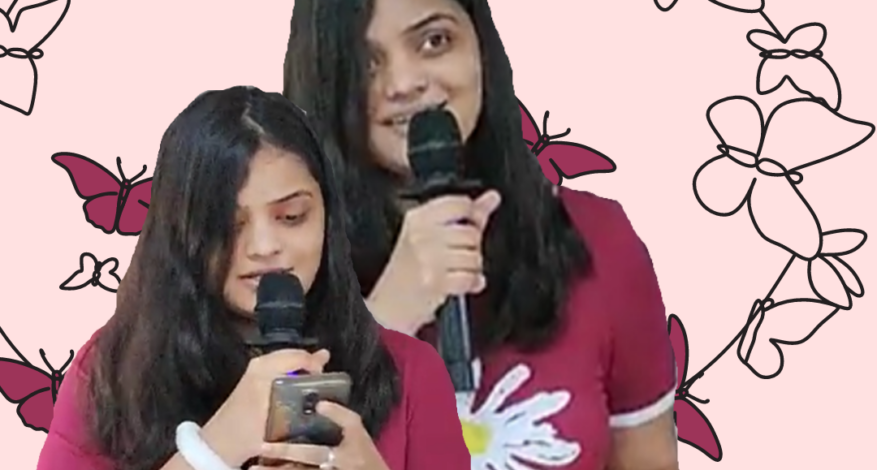Lockdown without plan, increases risk of unsafe abortions in SL’ ASAP Conversation with Shelani
This blog is part of a series of Covid conversations with members and partners to understand the impact of the pandemic on safe abortion access for their communities.
Our guest today is Shelani Palihawadna from the Youth Advocacy Network Sri Lanka (YANSL) in conversation with Ayesha Bashir, Communication and Networking Officer, ASAP.
Shelani works as a project coordinator and also as a junior trainer with YANSL. She works specifically with young people living with hearing disabilities. YANSL works closely with ASAP and is involved in lobbying for gender equality and making sure that young people have access to sexual reproductive health and rights. YANSL also works with the government and other civil society organizations nationally and globally.
Ayesha- What are the kind of challenges that an advocacy group like YANSL has faced in terms of talking about SRH and safe abortion services in Sri Lanka? What was the scenario regarding accessing abortion before the pandemic and what is it like now?
Shelani- So, Sri Lanka in general is, I think very similar to the situation in India. It’s like a very conservative and traditional culture with a mix of a lot of things. So, in terms of making sure that people are open-minded about sexual and reproductive health rights and the accurate knowledge is going in and busting a lot of myths, we have a lot of challenges to getting the correct knowledge to the target audience. And, to make sure that the key populations and the marginalized and vulnerable communities also get the same access.
Sri Lanka is one of the countries with the most restrictive abortion laws in the region, where we have only one exception for abortion– where the life of the mother is at risk. That is the only exception that the law provides for but despite the legal restrictions women have been accessing abortion for a long time. Up until very recently Marie Stopes clinics and other institutions were in operation who provided safe abortion services for these women. Apart from that, while it’s difficult to access medical abortion pills and services they are still available.
Ayesha- To make it more clear, if say an unmarried woman needs an abortion and she cannot obviously talk to the family about it or even a transman for instance needs an abortion what are the options they would have, since you say it’s restrictive?
Shelani- So if that person has a bit of connection or awareness of people or agencies, which institutions that they can access and reach out to, they can access it moderately easily. But it’s a different case when it comes to a person coming from a marginalized community especially like you said if it’s a transman accessing an abortion it would be really difficult. To add to that there are a lot of back-alley unsafe clinics where unsafe abortions are done. So, for most of the people who are coming from these marginalized communities or people who don’t have the necessary knowledge or awareness but are very desperate to get an abortion–the first and the most obvious choice for them would be these unsafe clinics. According to data, Sri Lanka has a rate of 750-1000 unsafe abortions happening a day. This is 2002 data so obviously since then the rates must have increased but we don’t have solid data.
We do have legal post abortion care access and the state hospitals and even the private hospitals are supposed to provide for post abortion care without any questions being asked. However there is a little bit of stigma, especially in areas other than Colombo but it is legal and people do access them.
The problem however is that the knowledge about these services is still not disseminated sufficiently enough for women to access.
Ayesha-So you were saying that safe abortion access was already pretty restricted even before the pandemic hit. But for instance if a woman could get out of the house earlier saying that I’m going somewhere and go get a pill or get an abortion done, now even that opportunity is closed, so what are the kind of challenges that have really amplified because of this crisis, because of the lockdown?
Shelani- The people had at most about two or three days, some people staying in Colombo had less than a day’s notice for a two-month long lockdown. So, people obviously didn’t have any sort of time to prepare for a lockdown, so now these consequences that come up are as a result of the lockdown are more amplified in the current situation. Like you said, access to contraceptive services are severely restricted. For example, when you have one hour’s notice for a month-long lockdown and at the time people didn’t know how long it was going to take the rational thing is you don’t have everything planned. You wouldn’t have condoms in store for years to come so that’s a huge problem there. There are delivery services and such in urban areas for condoms and pills however, the brands that are supplied are really expensive and not everyone can afford them. Specifically, when it comes to young people, they can’t really afford to buy expensive brands of condoms and other contraceptives.
Ayesha- Has there been any sort of government support as well in this regard considering that there might be unintended pregnancies, stock might run out of contraceptives? Have all of these issues been also thought about?
Shelani- The government, the Ministry of Health in particular have released a couple of guidelines and not necessarily focused on SRH services but specifically focused on maternal and child healthcare. However the same clinics are also the clinics that provide SRH services, so the contraceptives are provided free of charge there and that way people can access. But again knowledge among the population that these clinics are open and they can go and access contraceptives is not out there. To add to that the lockdown is enforced in such a way that people cannot step out of their own houses unless it’s a very dire reason. Getting access to contraceptives is obviously down in the list of priorities if you go and present yourself to a police officer and ask for a curfew pass!
So there’s a mismatch of requirements and there’s a mismatch of delivery. To add to that there are other questions specifically among young people, now people are being asked to exercise social distancing and frequently asked questions are whether the guidelines say that you can’t hug as you used to, you can’t kiss and have other physical relationships. A perfect example of how the pandemic has made things difficult for specifically young people from all aspects is that four weeks into the curfew I got a call from a person who required abortion pills but at the time she didn’t know whether she was pregnant.
She cannot access a pregnancy test because she was at home with her parents and she cannot tell her parents that she wants a pregnancy test for obvious reasons– her privacy and parents are not being open-minded enough for her to get it. Also, she’s an unmarried girl who’s still at college. So she was depressed, stressed and didn’t know what to do and I could see that it has affected her mentally a great deal. Somehow we managed to get access to a couple of pregnancy tests to solve the problem pleasantly. But this was one example where she actually knew who to contact but how many young people out there who don’t know what to do?
The situation is a little bit better because the curfew has been lifted conditionally but accessing abortion medication in particular is still difficult, even from online platforms like Women on Web, you can’t do it because even the postal services are being restricted.
And we don’t actually have any data as to how even the back-alley clinics are functioning.
Ayesha- We are also at a situation where the woman is like you just said– she is in a house with a lot of toxicity and she cannot really talk about it to anyone and she wants to get an abortion. But she cannot even get something delivered at the house because somebody will check so we are also at a position that there is no way out, right? How do you help a person who cannot go out, who cannot get the medicines delivered? So it’s just like a Pandora’s box that has opened in this pandemic and has really shown what our deepest issues as a society are. On the other hand it has also opened up some opportunities, like for instance many more women are able to access medical abortion pills due to lack of any other option. Even if they are over-the-counter they are still much safer than other unsafe methods that are out there.
So, what do you see in Sri Lanka as a learning from this pandemic? How do we need to realign the way that we have been living looking at access?
Shelani- I think after we come out of this crisis, the pandemic, our efforts will be in making sure that we make the relevant policymakers convinced that the knowledge about these issues and the requirement of accessing safe abortion is important because it’s happening anyway whether you like it or not, whether it’s illegal or not. So, we are currently working with the necessary other civil society organizations and with the government to make sure that information about accessing safe abortion medical abortion, even medical abortion pills is out there and apart from that, other thing is that making sure that young people and everyone in general have knowledge. As long as they have knowledge, they know at least what to do, what the next step is, what a potential next step could be. So making sure that we fill those gaps is I think a priority once we step out of this.
Ayesha-I totally agree with that! You mentioned that YANSL is working on a documentary series on the story of the history of the abortion rights movement in Sri Lanka. Can you just share a bit about that?
Shelani- Youth advocacy Network Sri Lanka in partnership with ASAP has been working on a series of six videos. One is a historical perspective of abortion in Sri Lanka and use of contraceptives–from the 1960’s, 1970’s where the use of contraceptives began and Sri Lanka being a test ground for the use of contraceptives. Then the perspective in the late 70s- 80s is narrated by a researcher, whose research is on the use of contraceptives in Sri Lanka. In another video we talk about the means and methods which used to be available and the loss with regard to that and the process of amendment of laws. The attempts made by women’s rights movements and other civil society organizations over the past few decades are also being recorded. It’s a very interesting narrative and a person who has been there from the first initial stages is describing the process of amendments, which amendments went through and why it wasn’t included in the law as of now. Also, we have the perspective from medical professionals and also from a religious perspective, from a more progressive religious group who give their perspective into accessing sex, abortion and all.
Ayesha- So have you released all of the videos yet?
Shelani- Out of the six I think about four have been released on YouTube. People can access it through the YANSL YouTube channel. They are very brief videos about five minutes each where the resource person talks about their own perspective of talking about safe abortion, which is very interesting because once you finish listening and watching to all the videos then you have a very holistic idea of how safe abortion works in Sri Lanka. How the concept even works laws, society, officials everything.

Ayesha-I think that’s so important! I feel that most other countries should also document it that way and in a more conversational manner that you people are doing and really listening to the stories and the struggles right from the beginning.
So, coming to the last point of the conversation, how have you been dealing with the lockdown?
Shelani- Personally for me I think I’m honestly one of the lucky ones because I don’t have huge problems. Not that I don’t have, but I don’t have to struggle for a lot of things that others have had to. But there is the feeling of guilt when you say you make something and eat and you feel there are other people who can’t even have this. I think the situation is getting a little bit better now but in personal terms I think I’ve used this time for self-care because I think this is the perfect time to eat healthy, workout and pay attention to my health.
When people are faced with a deadlock situation when you are asked to help out and you are also helpless that’s a pretty frustrating feeling that you get. So that’s also there and that kind of opened my eyes to a different perspective to life, something that I hadn’t thought about or experienced before.
Ayesha- Definitely I think it has opened a lot of our eyes and our way of looking at things is now changing and altering. We are checking our own privilege, where we stand in the hierarchy and how fortunate we are. Yeah, it’s a fight that we’re fighting ,thank you so much again for joining us and taking out the time and hope you have a good day.


